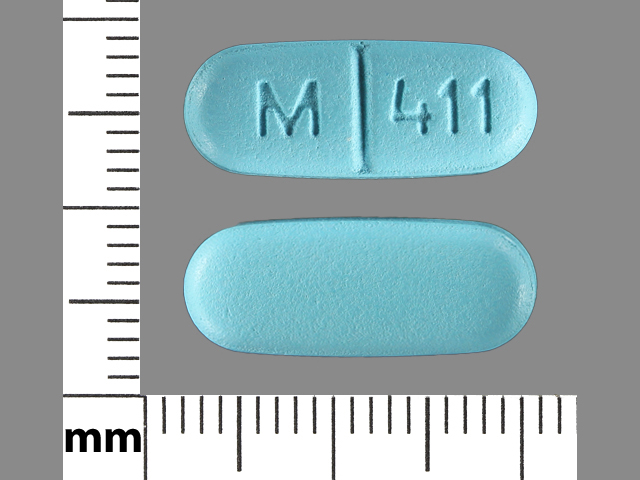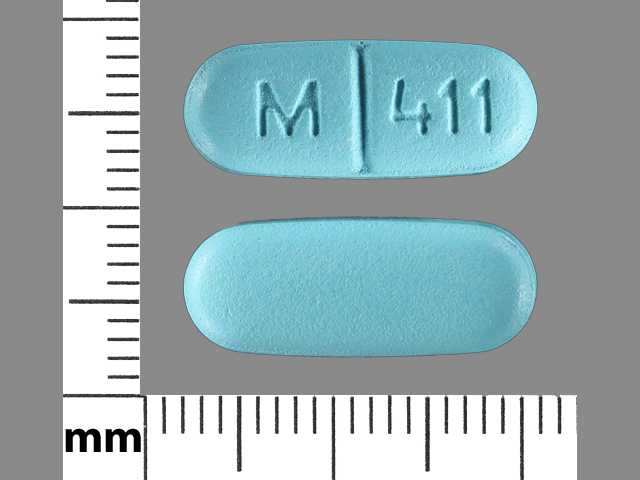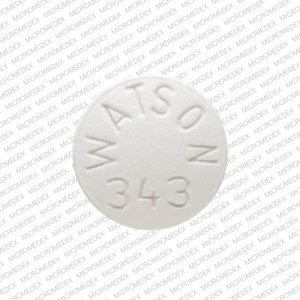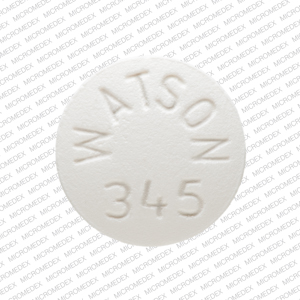
What Is Verapamil?
Verapamil is a member of the class of medications called calcium channel blockers. It is a drug that relaxes the heart muscles and blood vessels so that the heart is not required to pump as much. Verapamil can also increase the flow of oxygen and blood to the heart and reduce heart electrical activity to control heart rate.
Verapamil is a treatment for hypertension (high blood pressure), angina (chest pain), as well as certain heart rhythm disorders.The tablets with immediate release can also be taken in combination with other medications to stop and treat irregular heartbeats.Verapamil injections are administered to children and adults to quickly and briefly restore normal heart rhythm for people suffering from specific heart rhythm problems.
A high level of blood pressure (hypertension) is a frequent problem that, if not addressed, can result in damage to the heart, brain, kidneys, blood vessels, and other areas of the human body. Organ damage can cause heart disease, a heart attack, a stroke, heart failure, kidney problems, loss of vision, and other issues. Alongside taking medications, changing your lifestyle will aid in controlling your blood pressure. This includes eating a balanced diet low in salt and fat and keeping a healthy weight, exercising for at least 30 minutes on a daily basis while not smoking, and drinking alcohol only in moderate amounts.
Warnings
You should not use verapamil if you have a serious heart condition such as "sick sinus syndrome" or "AV block" (unless you have a pacemaker), severe heart failure, Wolff-Parkinson-White, Lown-Ganong-Levine syndrome, or slow heartbeats that have caused you to faint.Discuss with your physician the herbs you're using, including St. John's wort.
Consult your physician whether you are suffering from or have ever suffered from a blockage or narrowing of your digestive system or any other medical condition that causes food items to travel through your digestive tract slower, such as heart failure, liver disease, kidney disease, muscle dystrophy (an inherited disease that causes gradual weakness of muscles), or myasthenia gravis (a condition that causes certain muscle groups to shrink).
Discuss with your physician the safety of drinking alcohol during treatment. Verapamil can result in drinking effects that are more intense and last longer.
Before you Take this Drug
You shouldn't use verapamil if you have an allergy to it or are suffering from
- "sick sinus syndrome" or "AV block" (unless you have a pacemaker);
- Extremely high blood pressure extremely low blood pressure
- If your heart isn't pumping blood effectively.
It is possible that you will not be able to use verapamil if you suffer from:
- Severe congestive heart failure;
- Certain heart rhythm disorders (such as 'Afib' or atrial flutter with Wolff-Parkinson-White syndrome or Lown-Ganong-Levine syndrome);
- A heart disease that causes extremely rapid heartbeats.
- If you're receiving an intravenous beta blocker (such as atenolol, metoprolol, and propranolol).
To ensure that verapamil is appropriate for you, ask your doctor if you have ever experienced:
- Low blood pressure
- An abnormal thickening and swelling in the muscle of your heart
- Certain kinds of brain tumors;
- Congestive heart failure;
- A nerve-muscle disorder, like myasthenia gravis or muscular dystrophy,
- Kidney or liver diseases
It is unknown whether verapamil can affect a baby who is not yet born. Consult your physician if you are expecting or planning to become pregnant.
Do not breastfeed.
How to take Verapamil?
Take verapamil as prescribed by your physician. Follow all instructions on the label of your prescription and study all instructions or medication guides. The doctor might modify your dose.
A verapamil injection is administered to the vein by a medical practitioner. The heart rate of your patient will be constantly monitored with an electrocardiogram, also known as an ECG (sometimes known as an EKG, sometimes referred to as an EKG). Your blood pressure, as well as other vital signs, will be closely monitored.
Verapamil oral can be taken orally. Your pharmacist will be able to provide details on how to use tablets or capsules.
The dosage you require might change when you switch to a new brand or strength of this medication.Certain types that contain verapamil oral can't be chewed or crushed, and certain types can be opened by mixing it with applesauce. Find out from your pharmacist how you can take this medication.Your liver function and blood pressure must be checked regularly.
If you suffer from elevated blood pressure, continue the medication even if you feel fine. The presence of high blood pressure is often accompanied by no signs.Keep at room temperature, free of heat, moisture, and light.
What Happens If I Miss a Dose?
Verapamil injections are administered when required and are not a daily dosage. Contact your physician if the medication isn't working.
As often as you are able, but do not take the missed dose in the event that it's time to take the next dose. Do not take two doses at once.
What Happens If I Overdose?
For medical emergencies, seek emergency treatment or contact the Poison Help Line at 1-800-222-1222. Overdoses can lead to death.
The symptoms of an overdose can consist of low blood pressure, a slow heartbeat, and chest pain. Other symptoms include fatigue, shortness of breath, and high blood sugar levels. confusion, extreme confusion, dizziness, or fainting.
What Should be Avoided?
Do not get up too quickly from lying or sitting in a position where you get dizzy. Avoid driving or engaging in hazardous activities until you understand the effects of this medication on you. Your reaction could be affected.
Grapefruit can interfere with verapamil and create negative side effects. Avoid consuming grapefruit products.Alcohol consumption with this medicine may cause unwanted side effects.
Side effects Of Verapamil
Contact emergency medical attention If you show symptoms that you are experiencing an allergic reaction due to verapamil, These include hives, breathing difficulties, and swelling of your lips, face, and tongue.
Verapamil may cause serious side effects. Consult your physician immediately if you suffer from:
- Chest pain; quick or slow heart rate;
- Feeling lightheaded, similar to the feeling that you're about to be sucked out.
- Heart-related problems swelling rapidly and gaining weight Feeling short of breath and swelling;
- Liver issues weight loss and stomach discomfort (upper right aspect) Itching, fatigue, dark urine, stools that are clay-coloured, jaundice (yellowing of the eyes or skin), or
- Fluid build-up inside or around the lung The pain is felt in the lungs when breathing; you feel out of breath when lying down and wheezing, gasping for air, and coughing with foamy mucus. Cold, dry skin, stress, fast heartbeats
Common side effects of verapamil include:
- Nausea, constipation;
- Influenza symptoms and infections;
- Swelling of the lower hands or legs;
- Headache, dizziness,
- Low blood pressure.
This is not a comprehensive list of possible side effects, and other side effects could be present. Contact your doctor for advice regarding medical effects. You can report any adverse reactions to the FDA at 1-800-FDA-1088.
Interaction with Other Drugs
If you are also taking disopyramide, be sure to avoid taking it within 48 hours prior to or within 24 hours following the time you took verapamil.There are times when it's not recommended to take certain medicines simultaneously. Certain drugs may affect the blood levels of other medications that you are taking, which can cause more side effects or make the medications less effective.
Numerous drugs can interact with verapamil.It includes over-the-counter and prescription supplements, vitamins, medications as well as herbal supplements. Not all interactions are included in this list. Discuss with your doctor all other medications you take.






